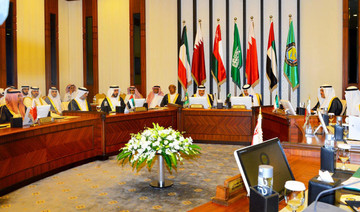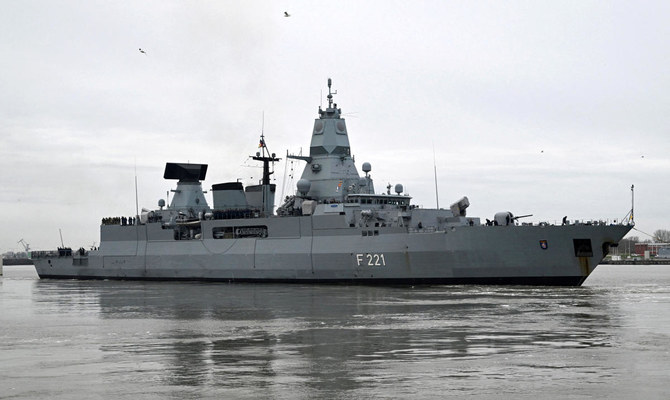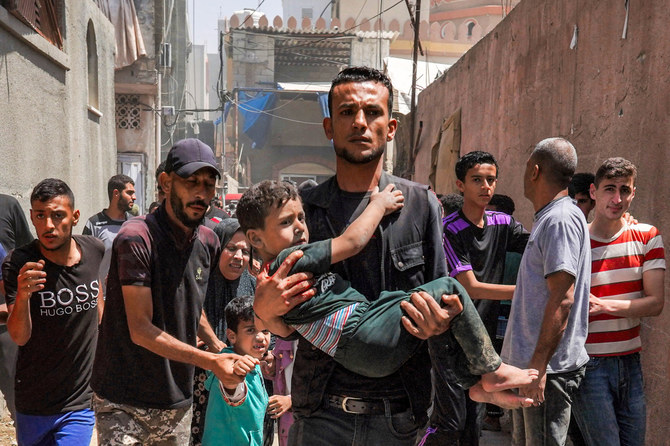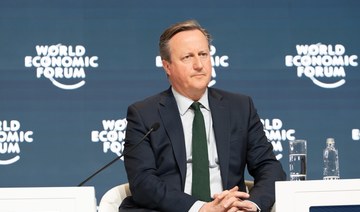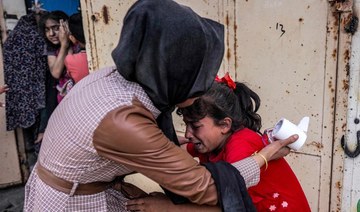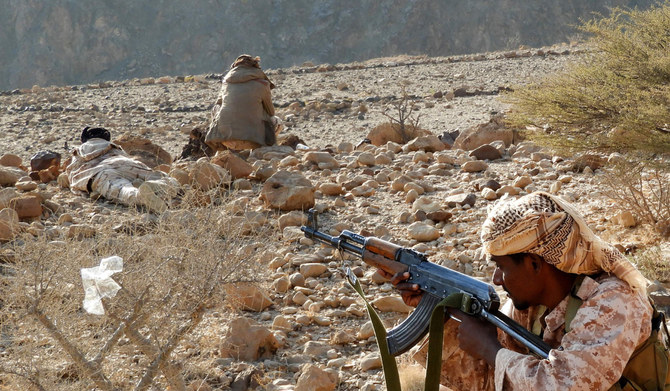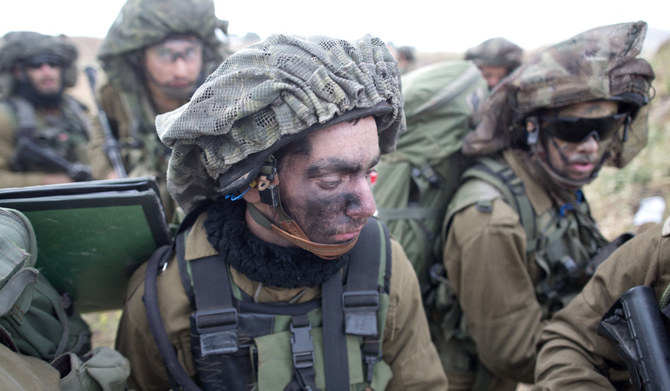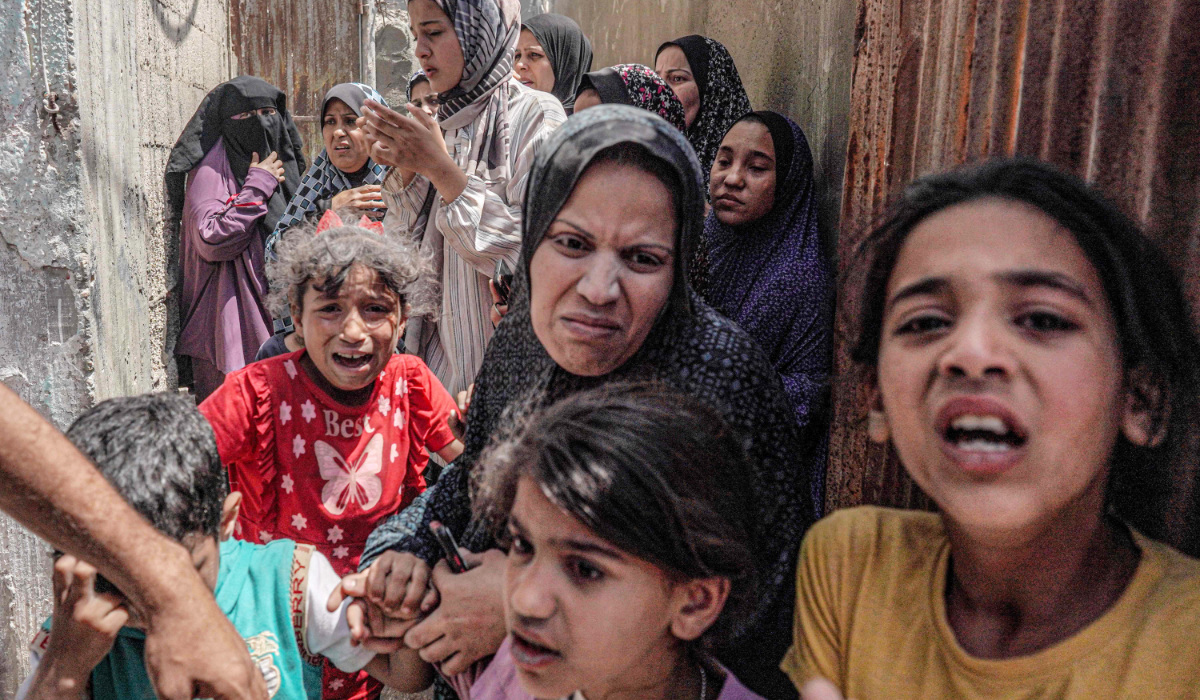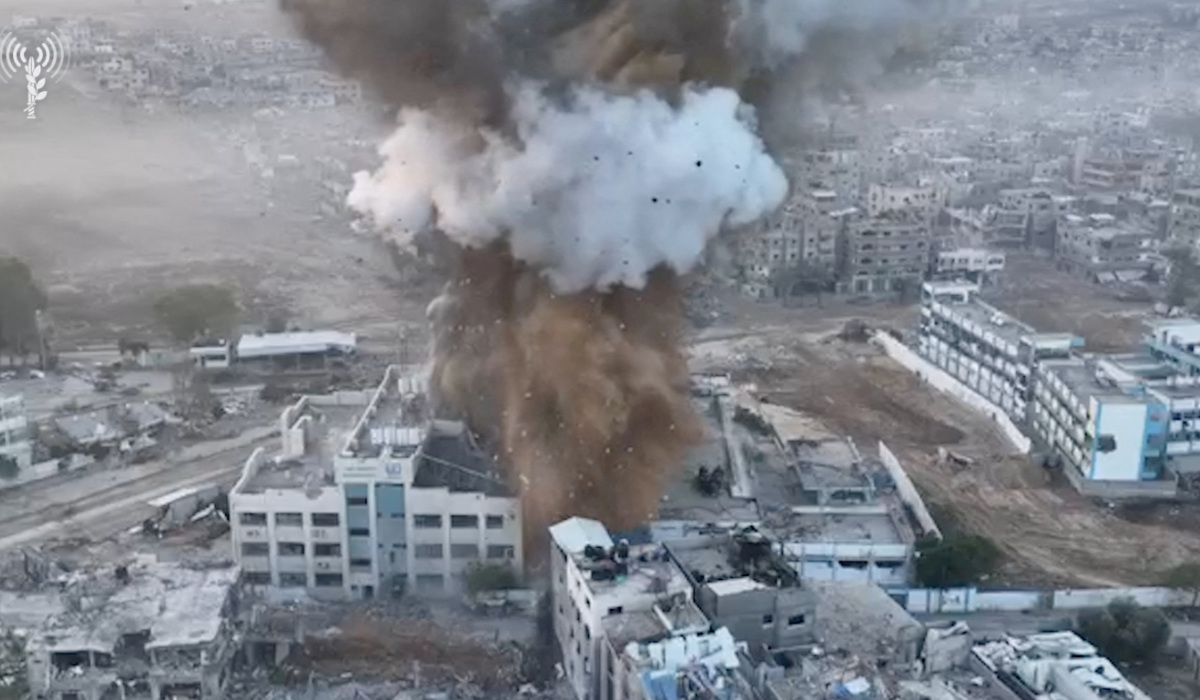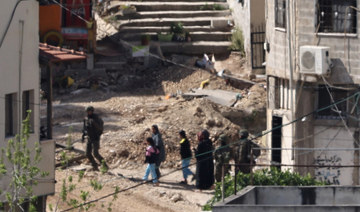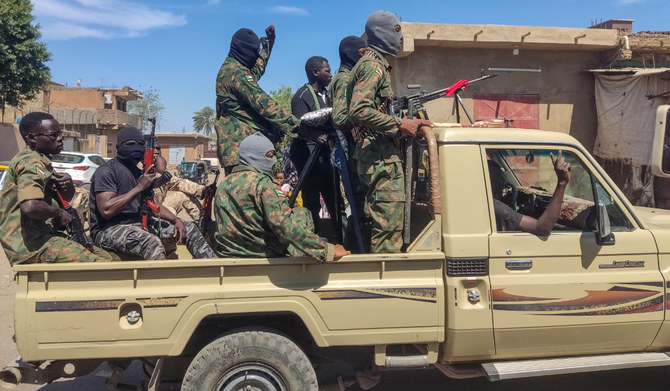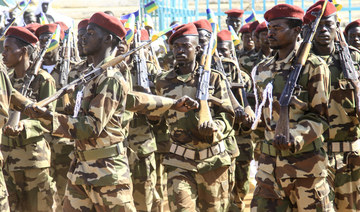DUBAI: “One learns more from traveling 10,000 miles than from reading 10,000 scrolls.” For China’s fast-growing middle class, there has never been a better time to be guided by the ancient Chinese proverb as 150 million people travel every year from the Asian country to destinations around the world.
Given the vast numbers involved and the fact that only eight out of 100 Chinese hold a passport, the mind boggles at the possibilities that could be in store for the global consumer market.
If the Gulf can capture even a fraction of the total Chinese outbound travel market, the economic bonanza for the region will be huge, according to consulting firms and experts.
Experts at the Arab Luxury World conference in Dubai last week advised regional brands on strategies to engage with the luxury market’s largest and fastest- growing consumer group.
“Because the Gulf had so much organic business, it wasn’t the first necessity to hunt for more opportunities,” said Jonathan Siboni, founder and CEO of Luxurynsight. “But now the market is repositioning itself. Chinese consumers are a new thing for the region.”
A report by management consultants McKinsey in November 2018 said: “More than 70 percent of Chinese tourists travel with family and friends. As a result, these groups are the world’s highest spenders per single trip. We expect annual growth of 6.1 percent for the next couple of years.”
Siboni said: “There are 3.5 million millionaires in China. No matter what the preferred focus of niche brands, be it adventure, nature or shopping, Gulf companies will be well positioned if they prepare and target well.” He uses the example of France, a country of 67 million people that receives 90 million tourists every year. Almost two million of the visitors are Chinese. More importantly, they account for 25 percent of France’s duty-free sales.
“If you have a very smart strategy, you can definitely generate results,” Siboni told Arab News on the sidelines of the Arab Luxury World conference.
“Look at the results from France’s two million Chinese tourists. I would be tempted to say the same for Dubai. If you really target well and manage to learn how to talk to them and provide something unique, then the contribution to the image and the economy can be tremendous.”
The number of Chinese tourists traveling to Gulf Cooperation Council (GCC) countries is forecast to jump 81 percent between 2018 and 2022 — from 1.6 million to 2.9 million, according to a study by Colliers International in partnership with the Arabian Travel Market. The data show that GCC countries are visited by a mere 1 percent of China’s tourists, but that share is expected to grow.
Local communication agencies can play a big role in the GCC tourism and consumer market’s transformation, Siboni said. Luxurynsight is not operating in Saudi Arabia, but he expects it to begin operations at some point as the Kingdom takes steps to reinvent itself as a major tourist destination. For international travel agencies, hotels, retailers and other allied industries, the good news is not only that Chinese outbound tourism is exploding, but also that Chinese tourists are widening their horizons. As Maissa Zard, Luxurynsight’s head of marketing and sales, points out, Chinese tourists have become a lot savvier when it comes to choosing digital products and brands. “Before they shop, they know exactly where to shop and what to buy,” she told Arab News. “There is a rise in cross-border e-commerce, so if brands in the region become loyal to tourists from the start, they would be building not only brand loyalty but also local store loyalty.”
Brands should stop viewing Chinese tourists as “something extra,” she said, adding that “they need to develop a loyal relationship with the Chinese consumer. According to the latest data, Chinese consumers represent 33 percent of the global luxury industry - a figure that will rise to 50 percent in a couple of years. As much as 75 percent of their purchases are made outside China, with the Middle East one of their top shopping destinations for 2020. Zard believes the Middle East has an important edge over Europe. “The region is very strong in terms of service and quality because it has a demanding local clientele,” she said. “They need to leverage that advantage. Brands must understand that Chinese tourists could well become their best clients. The local clientele isn’t sustainable because the world is becoming more globalized.”
A big question for regional brands is how to cater to Chinese consumers and approach them in the right manner. “It’s about vision and strategy,” Siboni said. “Providing them with a unique experience will be key. In Paris, it’s about luxury and culture. Dubai, for instance, has to define its best strategy.”
According to a report issued by Dubai’s Department of Economic Development, the emirate currently hosts almost 19,000 Chinese investors, who hold close to 6,000 active business licenses. “It is true that you have to deal with partners you are not used to, but it’s a market that is extremely structured,” Siboni said. “You have a few players who own the game, so once you know how it works, then you’re in it.”
The McKinsey report detailed eight distinct segments of Chinese tourists, ranging from value-seeking sightseers and sophisticates to backpackers and shoppers. Whatever the segment, engaging with Chinese consumers will involve the use of popular technologies and communication tools, such as WeChat and Little Red Book for payment processes.
“It means you have to integrate a payment system that is digitalized,” Siboni said. “Alipay and WeChat Pay are tools that are non-negotiable. You need to integrate them with your business processes no matter what because, if you don’t, then even if customers come to you, they won’t be able to pay.”
Siboni urges a 360-degree vision to ensure that content o ered by brands in the Gulf region resonates with Chinese tourists. However, more work needs to be done regionally to keep pace with international consumer trends.
“Elsewhere in the region, attracting Chinese consumers is still not the top priority,” Siboni said. “But Dubai has already understood that it has to diversify, which is why you see increasing numbers of Chinese tourists.”
If people do learn more from traveling than from just reading, as the proverb suggests, then Chinese tourists have yet another incentive to make the Gulf region one of their favored destinations.






